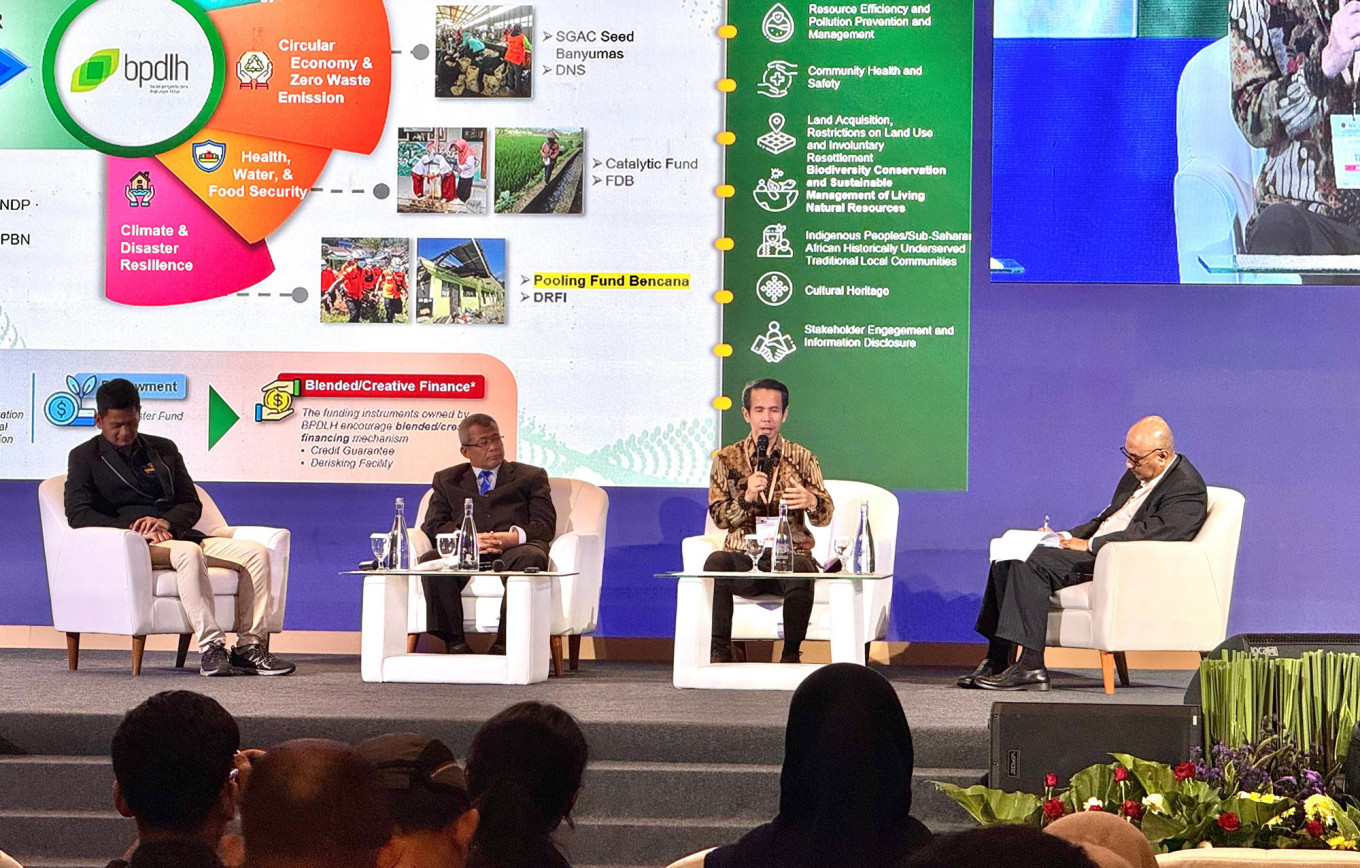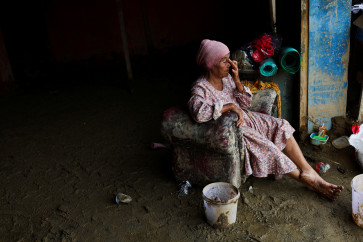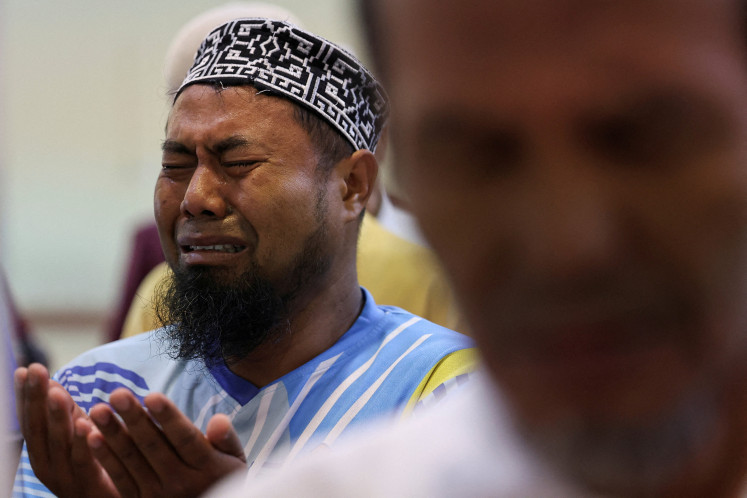Popular Reads
Top Results
Can't find what you're looking for?
View all search resultsPopular Reads
Top Results
Can't find what you're looking for?
View all search resultsBPDLH introduces world’s first disaster funding innovation at ADEXCO 2025
Change text size
Gift Premium Articles
to Anyone
T
he Indonesian Environmental Fund (BPDLH), a public service agency (BLU) under the Finance Ministry, has introduced the world's first disaster funding innovation: the Disaster Pooling Fund (PFB).
Unveiled at the 2025 Asia Disaster Management & Civil Protection Expo (ADEXCO), which ran from Sept. 10 to 13 at the Jakarta International Expo (JIExpo) in Central Jakarta, the PFB is designed to strengthen Indonesia’s disaster management financing system through a sustainable approach that integrates fundraising, development and distribution.
According to BPDLH president director Joko Tri Haryanto, the new scheme addresses the limitations of conventional approaches to disaster funding, which tend to rely on funding sources from the state budget (APBN) and regional budgets (APBD) and are reactive.
As a sustainable financing innovation designed to provide targeted, timely, effective and adequate funds for disaster management, the funds collected under the PFB umbrella will be invested optimally through safe instruments, both long- and short-term, while managing risks.
"This innovation doesn't exist in any other country. Indonesia has boldly taken concrete steps by uniting all aspects in a single ecosystem: collecting, developing and distributing funds to strengthen disaster management, along with disbursements for protection through disaster insurance and other insurance products," said Joko.
The PFB not only provided access to funding for strengthening all stages of disaster management activities, he continued, but also emphasized protection through risk transfer to insurers.
One such example is the state-owned assets insurance (ABMN) scheme, which extends financial protection in the event of damages to state and regional assets and/or economic losses due to disaster.
The establishment and operational scope of the PFB are mandated in Presidential Regulation No. 75/2021, National Disaster Management Agency (BNPB) Regulation No. 1/2024, Finance Minister Regulation No. 28/2025 and Finance Minister Regulation No. 43/2025, as well as other relevant.
Under these regulations, the PFB is expected to serve as a strategic instrument that strengthens the national disaster funding ecosystem.
This year, the PFB will channel funds for pre-disaster activities to strengthen health preparedness and adaptive social protection, as well as to empower regional administrations’ disaster management subdepartments in both technical and organizational aspects for the preparation of minimum service standards.
Joko explained that the PFB would not replace existing funding mechanisms, but rather complemented and added to them through the provision of funding options, including ready-to-use funds, rehabilitation and reconstruction grants and contingency assistance. This was designed to eliminate reliance on a single funding source and ensure that both the central government and regional administrations had access to multiple options in their disaster financing mix.
The BPDLH is also preparing partnerships with local administrations for a disaster insurance scheme via a risk transfer mechanism, in collaboration with private firms. The PFB provides a supporting role in allocating contributions according to the fiscal capacities of each region.
The PFB also opens up further opportunities for the private sector to contribute to national disaster management, such as through corporate social responsibility (CSR) programs.
“This mechanism makes CSR more targeted, because it directly addresses disaster needs as a sustainable investment in realizing national resilience to climate change and disaster risks,” said Joko.
The Indonesian Environmental Fund is committed to upholding transparency and accountability as keys to ensuring that every rupiah disbursed is measurable, is accounted for and results in tangible benefits.










